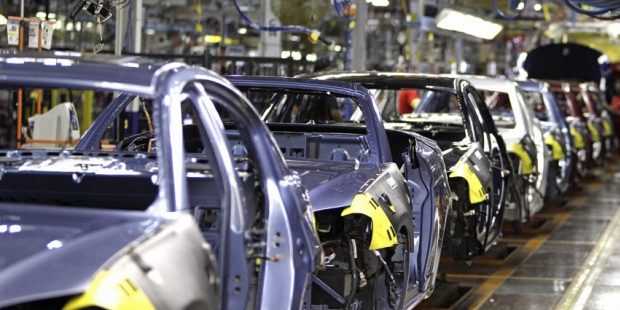On 21 June 2017 the European Commission sanctioned car lightning system producers a total of EUR 26 744 000 for participating in a cartel. One of the cartel participants was fully immune from fines due to leniency application. All cartel participants admitted their fault and agreed to settle as a result of which their fine was reduced by 20-35%.
Investigation
The European Commission confirmed the existence of a cartel in the automotive sector which was run for more than three years by Automotive Lighting, Hella and Valeo. The companies coordinated their prices and other trading conditions for the supply of vehicle lighting systems across the European Economic Area. The companies met at trade fairs, during customer visits, discussed tender quotes and exchanged information on price increases, etc.
Fines
· Valeo via its leniency application obtained a full immunity and managed to avoid a fine of EUR 30,5 mln;
· Automotive Lightning and Hella obtained a reduction in fine – 35% and 20% respectively for their active cooperation with the investigation (in addition to 10% each under the settlement procedure for the acknowledgement of their participation in the cartel and their liability).
Concluding remarks
This is just a part of a series of investigations into the automotive sector. Previously the European Commission fined suppliers of car bearings, wire harnesses; car seat flexible foam; parking heaters, air conditioning and engine cooling systems. The case demonstrates clear advantages for the parties of the active cooperation with the competition authority in cartel cases (both in terms of time and money).
The Car Sector In The EU: Unannounced Inspections & More
The car/automotive sector plays an essential role in any economy. Over the past 10 years, the European Commission (EC) has been focusing on protecting competition in this crucial sector: 9 cartels in the automotive sector have been uncovered and companies have been fined a total of more than EUR 6 billion for their illegal behaviour. Below we provide you with the highlights of the main developments in the EU car sector for September-October 2017.
Unannounced inspections
On 20 October 2017 the European Commission (EC) confirmed that it carried out an unannounced inspection at the premises of a car manufacturer in Germany due to certain concerns that the several German car manufacturers may have acted in breach of the EU competition rules that prohibit cartels and anticompetitive business practices.
Conducting inspections is only a preliminary step in investigations of suspected anticompetitive practices, and there is no presumption that the inspected companies are guilty, just as it does not prejudge the outcome of the investigation. There is no legal deadline to complete the inquiries.
Trucks cartel and EUR 880 million fine
On 27 September 2017 the EC concluded its investigation and imposed the EUR 880 million fine on Scania, a heavy truck producer, for participation in the trucks cartel that lasted 14 years (from 1997 until 2011, when the EC carried out unannounced inspections of the firms). Scania colluded with five other truck manufacturers (MAN, Volvo/Renault, Daimler, Iveco, and DAF) on truck pricing and on passing on the costs of new technologies to meet stricter emission rules.
Volvo/Renault, Daimler, Iveco, and DAF acknowledged their liability for the cartel and reached a settlement with the EC back in July 2016 and were faced with EUR 2.93 billion fine (which included a 10% reduction as a “reward” for cooperation with the EC). MAN was not fined at all as it revealed the existence of the cartel to the EC.
The collusion was done via meetings held at senior manager level, sometimes at the margins of trade fairs or other events; phone conversations and with participants generally exchanging information electronically. The discussions between the companies covered such topics, as the price increases, timing for the introduction of new emissions technologies and the passing on to customers of the costs for the emissions technologies.
Concluding remarks
The cases discussed above are good examples of leniency program in action. They emphasize that cooperation with the competition authority and reaching a settlement may provide either full immunity from or a substantial reduction in a fine. Those who choose not to cooperate with the competition authority during the investigation cannot benefit from any fine reduction (e.g. Scania).
Hanna Stakheyeva








